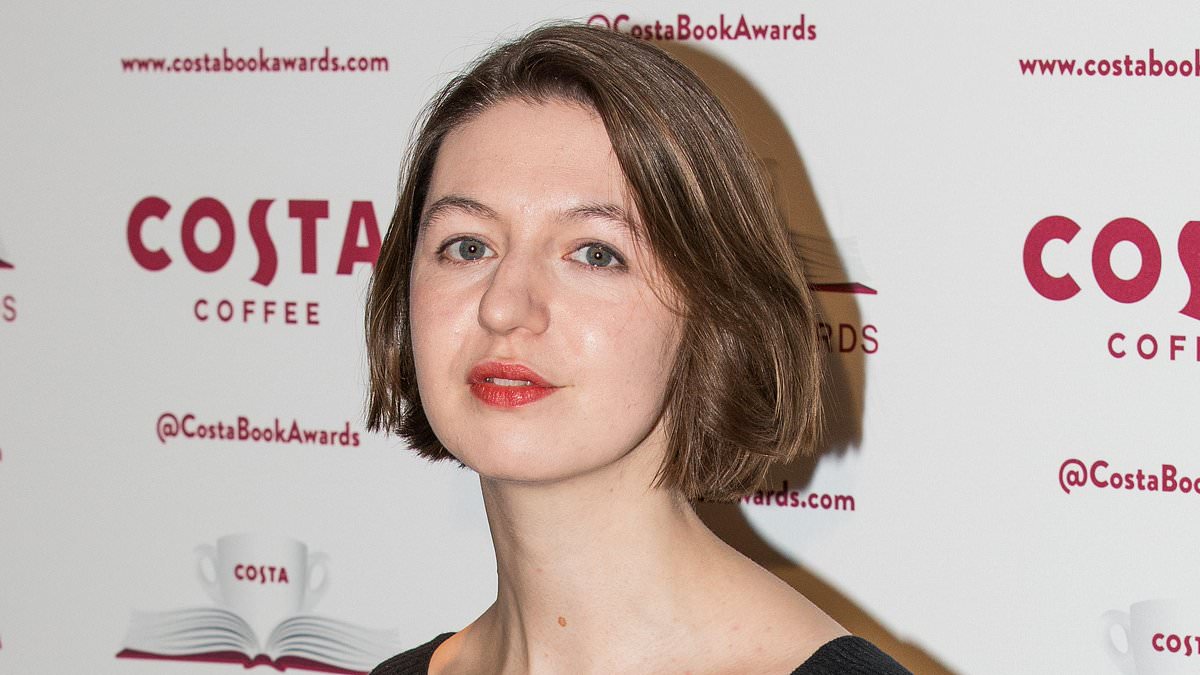
Sally Rooney Faces Legal Risks After Public Pledge to Support Palestine Action
Acclaimed Irish author Sally Rooney, best known for her bestselling novels Normal People and Conversations with Friends, has sparked intense debate after vowing to donate proceeds from her literary works to Palestine Action, a group recently proscribed as a terrorist organization in the UK. Rooney’s statement, published in The Irish Times, openly challenges the UK government and raises questions about freedom of expression, international law, and the intersection of art and activism.
Why Is This Controversial?
Palestine Action was officially banned in the UK following a series of actions, including an incident involving damage to military aircraft. Under the UK’s Terrorism Act 2000, supporting such groups is a crime that could bring severe legal repercussions, including up to 14 years in prison. However, in Ireland, where Rooney resides, Palestine Action is not classified as a terrorist organization, adding complexity to the situation.
Downing Street issued a warning in response to Rooney’s statement, emphasizing that endorsing or supporting a proscribed organization constitutes an offense. However, Rooney remains undeterred, stating that she feels “compelled” to use her public platform and financial earnings to back direct action in favor of Palestine, despite potential legal risks.
Art Meets Activism: The Role of Creatives in Political Conversations
Rooney is no stranger to using her platform for political causes. Her novels have not only resonated with young readers globally but have also opened dialogues about societal issues. By aligning herself with a polarizing cause, Rooney is igniting a broader conversation about the role of artists as activists. Should creatives face limitations in their political advocacy? How far can one go before crossing legal and societal boundaries?
It’s worth noting that Rooney’s success in the UK is significant. Both of her televised adaptations through the BBC—Normal People and Conversations with Friends—have been widely acclaimed. The BBC, although not directly tied to these controversies, continues to pay royalties for her works, a portion of which Rooney has pledged to donate to Palestine Action.
Public and Legal Reactions
The UK government has reiterated its stance, with officials stating that supporting a proscribed organization is a direct violation of the law. Hundreds of protesters were arrested last weekend for publicly demonstrating with signs that read “I oppose genocide. I support Palestine Action.” Meanwhile, the Irish ambassador to Palestine has expressed support for Rooney’s vocal advocacy, highlighting her efforts to spotlight alleged human rights violations in Palestinian territories.
Critics argue that Rooney’s actions could lead to broader implications for her partnership with global entities like publishers and broadcasters. Legal experts have also raised concerns about self-censorship and the potential suppression of dissenting voices due to legal intimidation.
Key Takeaway: What This Means for Art and Lifestyle
The controversy surrounding Sally Rooney’s activism brings to the forefront important questions on how artists and their work intersect with political issues. For readers and fans, it also invites reflection: how do we separate—or align—an individual’s creations with their personal convictions?
If you’re a fan of Sally Rooney’s work or interested in exploring thought-provoking stories, consider adding Normal People to your reading list. This bestseller brilliantly captures complex emotions and societal dynamics, resonating with a contemporary audience.
Final Thoughts
As the world observes this unfolding situation, Sally Rooney’s bold stance serves as a reminder of how art and activism often intersect. While this may polarize many, the broader debate about freedom of expression and global justice continues to evolve. Whether you agree with Rooney or not, her story emphasizes the power of individuals to spark meaningful conversations about today’s most pressing issues.



